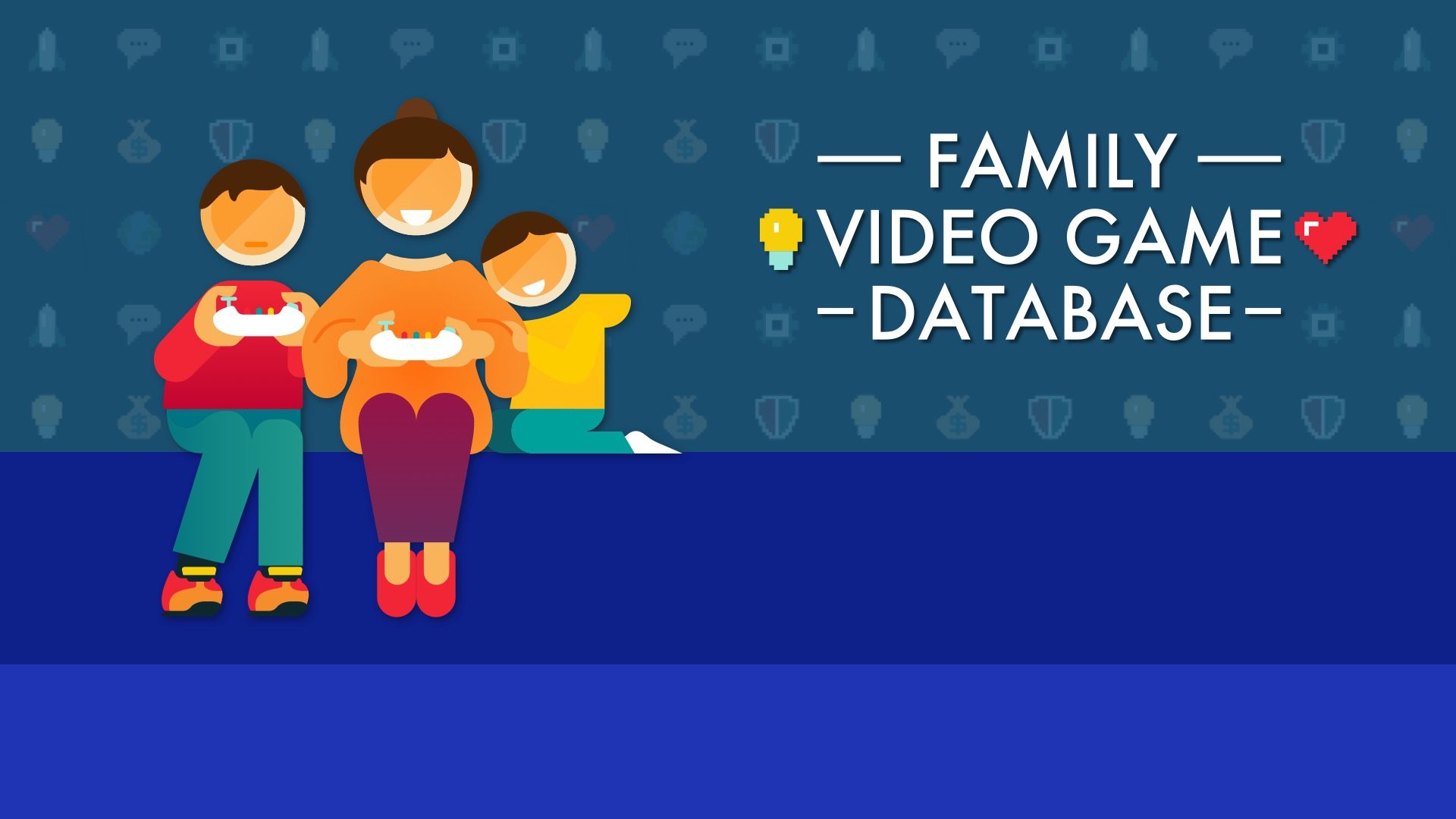PlayStation Partners With Family Video Game Database

A Database Is Born
As an avid gamer and father, I share the joy of gaming with my family and children. Along the journey, I also realized that it can be a challenge for non-playing parents or guardians to understand and navigate the experience for their families.
I wanted to point parents to an online resource that introduced a wide range of games for them to play in the family. While there are some amazing websites, navigating them as a non-playing parent or guardian is often confusing and complex. So I created the Family Video Game Database.
The plan was to offer a single page on each of the games I mention in my book called Taming Gaming. These are jargon-free and use language people who don’t play games can follow. They include information about official age ratings, costs, duration, number of players, and accessibility features.
Rapid Growth
Within a matter of weeks, the site had tens of thousands of visitors and had been on BBC Breakfast and BBC Click, Sky News, and was featured in The Times. Parents loved the way games were grouped into unusual lists (Get Children Reading, Finding Calm, Being A Good Neighbour, Surviving the Wild) and how they could find younger rated alternatives to older games with the handpicked suggestions.
With support from charities, schools, colleges and the video game industry, the database was able to quickly grow to where it is today. It includes more than 1,500 games and often sees 15,000 visitors reading the pages every day.
Importance of Accessibility
Helping parents find amazing games for their children and family became our mission. An important and natural part of that was helping parents find games for children with disabilities. After talking to a wide range of accessibility experts and formulating a plan, we were approached by the Playability Initiative to add accessibility data to each of the games.
It became clear that this needed to be more than documenting settings or options. We needed to approach accessibility from the perspective of a parent searching for a game. It was important to include games in results that not only avoided a barrier because of a setting or feature but also those that didn’t have the barrier in the first place. For example, in searches for “All Speech Subtitled”, we also return games if they don’t have speech and don’t require subtitles. It means the data is a little more complex, but the search results maximise the games found that avoid a particular barrier.
We received a Carina Initiative grant which, along with a range of partners like the VSC Rating Board, IGEA and AskAboutGames, enabled us to expand this and other sections of our hub. We learned a lot about this huge area of video games while making some good friends along the way. The goal was to help parents discover potential games for their children who may need specific features in order to play their games, and summarize this information for our audience. Accessibility and accessible content is an integral part of our website, and a key focus as we look into the future of the Family Video Game Database.
Future Ambitions
Earlier this year Sony Interactive Entertainment (SIE) got in touch about supporting the work we were doing. After a number of discussions, it became clear that there was a strong overlap in our mission of helping as many people as possible find amazing games that contributed to their lives.
“The Family Video Game Database is a wonderful platform to help parents and guardians navigate the world of video games, and we are excited to come on board as its first corporate sponsor. At Sony Interactive Entertainment, we want everyone to have a joyful experience on our PlayStation platforms, so it is important that parents make informed decisions when playing video games – from using parental control settings on our consoles to choosing games that work best for them and their families,” says Sean Whitcomb, Director, Trust and Safety at SIE.
The partnership with SIE and the PlayStation brand means we can take on new and ambitious expansions of what we do. This includes doing more in the area of accessibility but also enhancing how parents and guardians navigate the site. We are developing an integrated search that highlights our lists of games, features and blogs, as well as the games themselves.
It allows us to develop tools in order to help developers contribute data to the database themselves. This is particularly well received by smaller studios and indie devs, who can fill out a questionnaire to create their own accessibility page on the database. This not only helps people find their game, but highlights features and settings they can add that will enhance the play experience for more people.
It’s already been an exciting time creating the Family Video Game Database in its launch year, and with Sony Interactive Entertainment as a partner the next year is looking even more thrilling.


